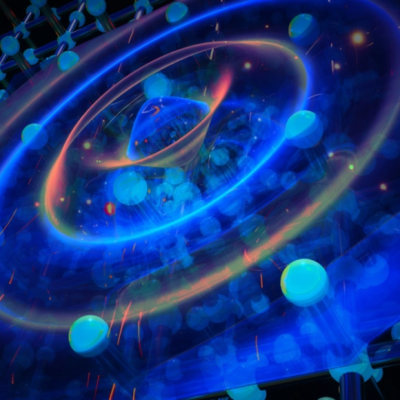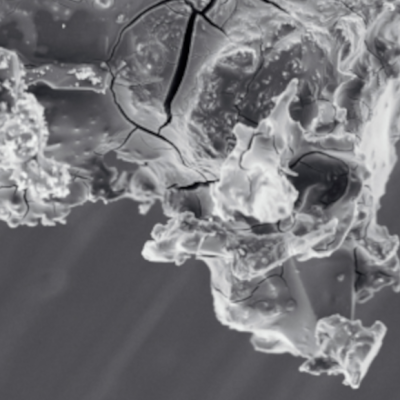In 1969, physicist Roger Penrose proposed a theory that extraterrestrial beings could harness energy from a black hole by lowering an object into its ergosphere. This outer layer of a black hole’s event horizon requires the object to move faster than the speed of light to remain within it, causing it to take on negative energy. When the object is split, with one half falling into the black hole and the other being retrieved, a recoil is created that can extract energy from the black hole’s rotation. Penrose believed that only highly advanced extraterrestrial beings could utilize this complex method of energy extraction. Two years later, physicist Yakov Zel’dovich devised an experiment to test the theory, but it remained theoretical until now.
Researchers at the University of Glasgow have experimentally tested Penrose’s theory for the first time. Instead of using light, they used sound, which has a much lower frequency and is easier to use in a laboratory. The experiment involved a small speaker ring that generated sound waves corresponding to the rotation of light waves proposed by Zel’dovich. These twisted sound waves were directed at a rotating sound absorber made of foam, with a set of microphones behind the disc recording the sound as it passed through. The physicists looked for a characteristic change in frequency and amplitude of the sound waves as they passed through the disc to confirm the theories of Penrose and Zel’dovich.
The effects of the rotational Doppler effect caused these changes, with the sound frequency shifting from positive to negative as the disc rotated faster. This allowed the sound waves to extract energy from the rotating foam disc, causing them to become louder with an amplitude up to 30% greater than the original sound from the speakers. The experiment confirms Penrose’s theory that energy can be extracted from a black hole’s rotation, and opens up new possibilities for energy extraction in the future.










